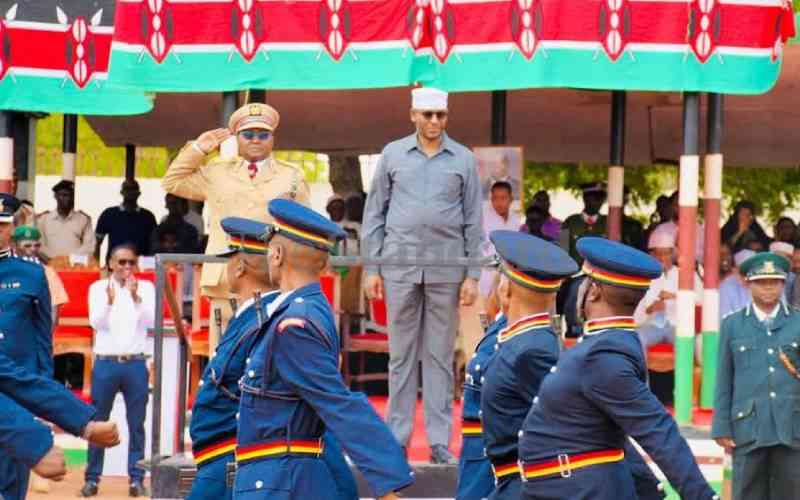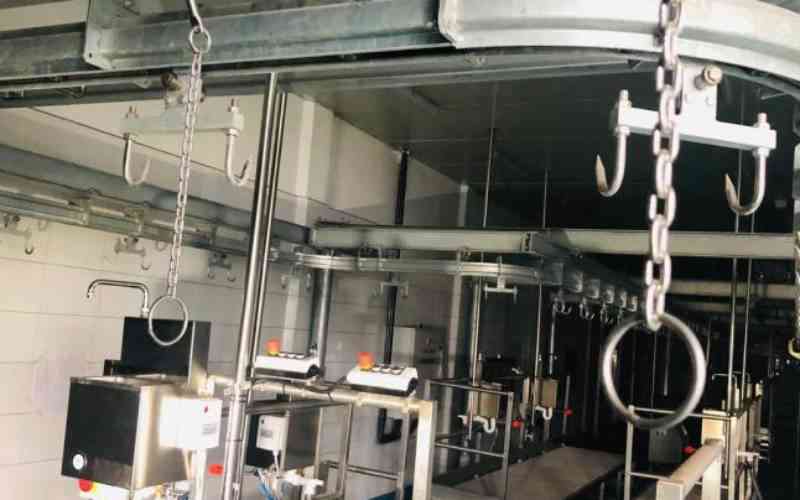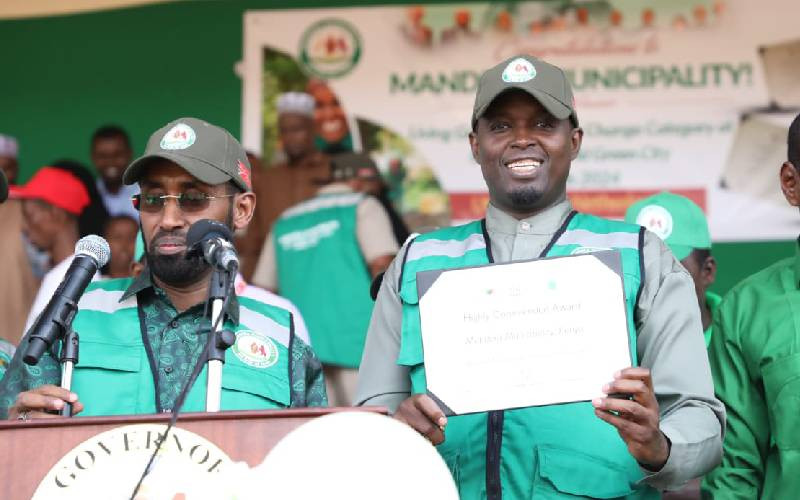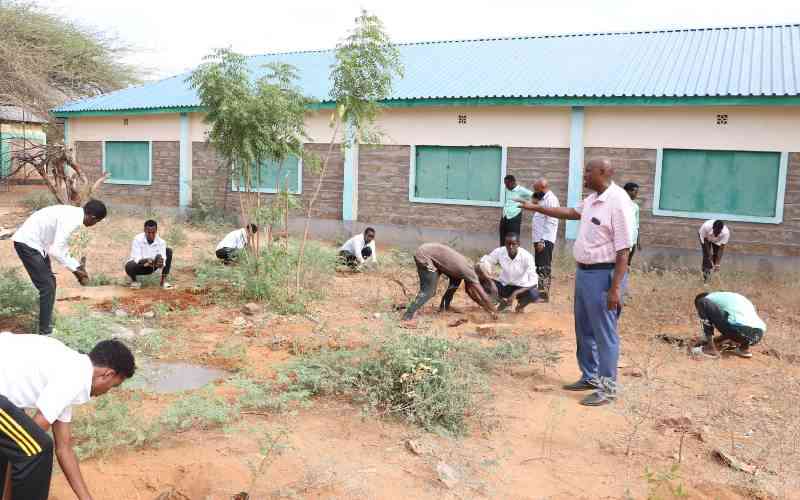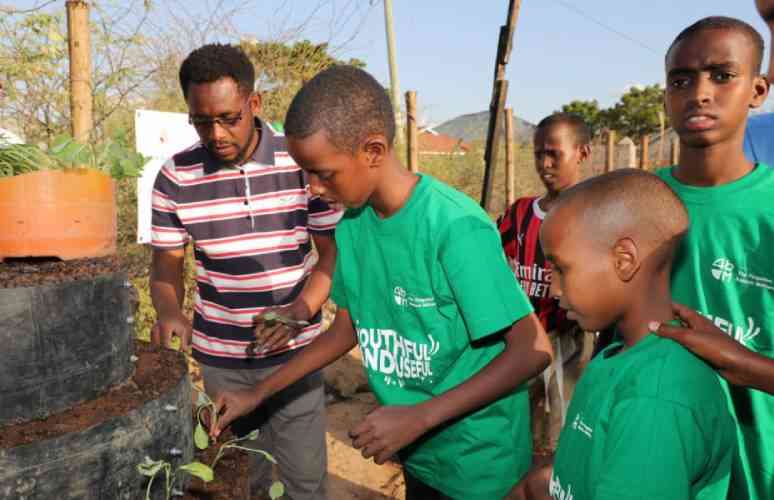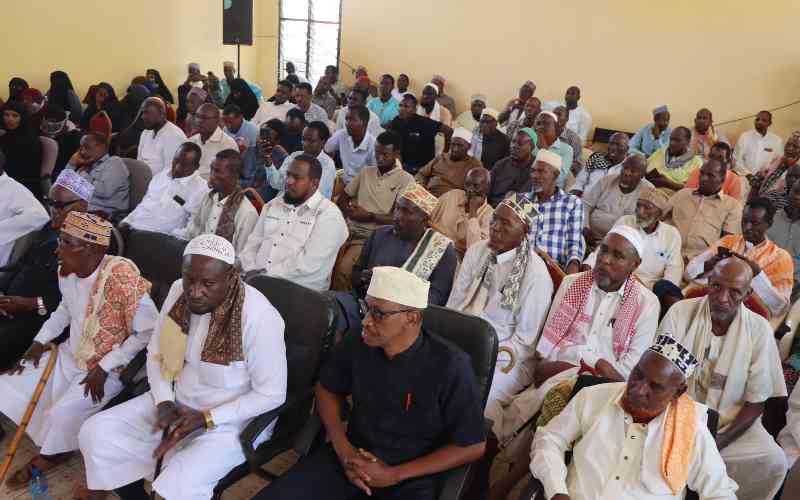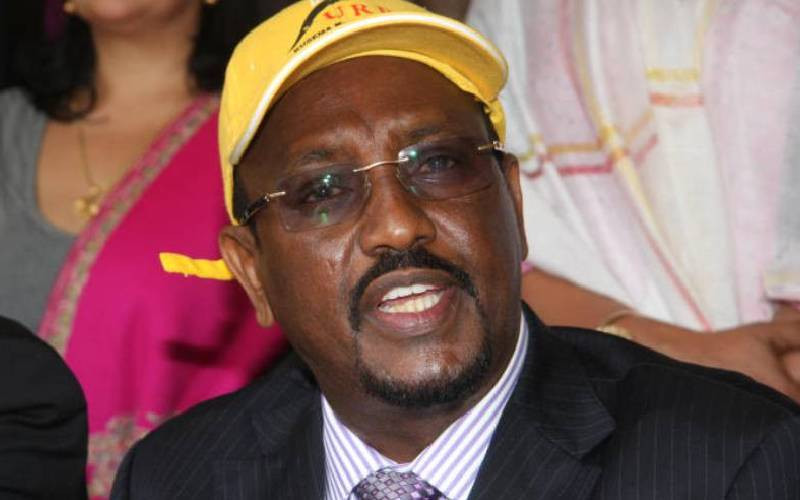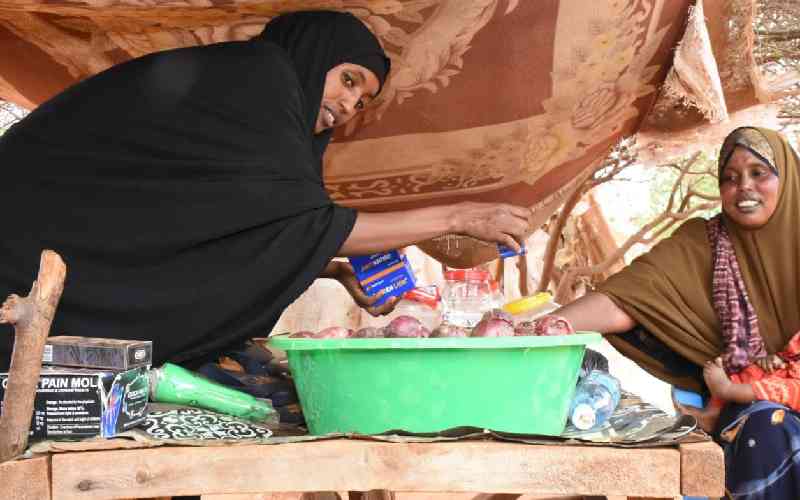
In the small border town of Girileey, Katra Adan Ali opens her grocery store on a quiet Sunday morning. What was once a place of despair—where residents struggled with the impacts of drought, floods, and insecurity—has now transformed into a symbol of hope and resilience.
Thanks to an intervention by the Kenya Red Cross, in partnership with the International Committee of the Red Cross (ICRC), Katra’s life and that of many others in Wajir, Mandera, and Garissa counties has improved significantly.
Located along the volatile Kenya-Somalia border, these communities have long endured the dual challenges of insecurity and harsh environmental conditions. Frequent cross-border raids, clan conflicts, and threats from insurgent groups have created an atmosphere of fear and instability, making it difficult for families to settle and thrive.
This insecurity has not only disrupted daily life but has also crippled local economies, leaving many without a steady income. Farmers abandoned their fields, businesses struggled to stay open, and families lived in constant uncertainty, unsure of what each day would bring.
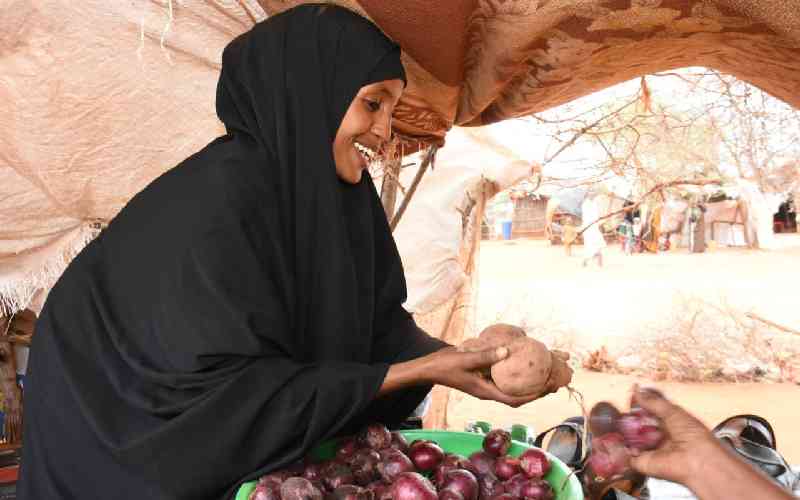
However, with the introduction of a transformative cash grant program, communities in the region are now experiencing a return to stability.
The monthly cash support has helped families rebuild their lives, fostering a renewed sense of hope and security.
Small businesses are reopening, parents can afford food and essential supplies, and residents are beginning to settle and invest in their towns once again. The financial empowerment provided by the program has sparked resilience, encouraging families to stand firm and build sustainable lives despite ongoing challenges.
For Katra Adan Ali, the past year has been one of significant transformation. Living in Girileey, she once struggled to keep her family afloat amid worsening drought, devastating floods, and rising insecurity. But now, as she opens her modest grocery store, locals eagerly line up to buy fresh vegetables. This shift in fortune, she says, is largely thanks to the cash assistance program.
“This support has not only helped me put food on my family’s table but has also given me the means to build a livelihood,” Katra says.
Across the border regions of Wajir, Mandera, and Garissa, thousands of households are benefiting from the three-phase cash grant program, which is aligned with the Minimum Expenditure Basket (MEB) to ensure families can cover their essential needs, including food, water, and other critical services. This initiative is designed to support communities like Katra’s, who face the compounded challenges of conflict and climate change but have limited access to humanitarian aid due to ongoing security concerns.
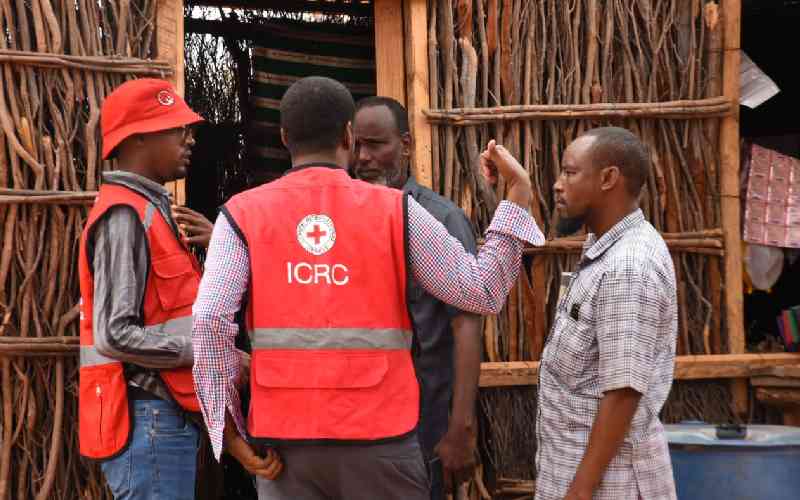
Suleiman Saney, KRCS Wajir County Coordinator, emphasized the program's transformative impact on affected families. “We’re providing lifelines to communities that were in survival mode, grappling with the constant threat of hunger, drought, and insecurity. This cash transfer program allows them to regain stability and dignity,” Saney said.
Currently, the program is assisting 2,250 households in Wajir, Mandera, and Garissa, delivering aid that goes beyond mere survival. As families like Katra’s look toward a more hopeful future, they embody the resilience of border communities that have weathered countless challenges and are now beginning to rebuild with strength and optimism.
Abdi Muktar from ICRC explained that the program aims to provide a sustainable form of support where regular humanitarian access is limited. “By empowering families financially, we’re helping them make choices that best suit their unique needs and circumstances. This approach not only fosters resilience but also supports local markets,” he said.
Village elder Mr Abdirahman Farah echoed these sentiments, noting the renewed sense of hope in Girileey. “Our people are happier, businesses are reopening, and families can afford basic necessities. We are grateful for this support, which has brought us closer to normalcy after such difficult times,” he said.
 The Standard Group Plc is a multi-media organization with investments in media platforms spanning newspaper print
operations, television, radio broadcasting, digital and online services. The Standard Group is recognized as a
leading multi-media house in Kenya with a key influence in matters of national and international interest.
The Standard Group Plc is a multi-media organization with investments in media platforms spanning newspaper print
operations, television, radio broadcasting, digital and online services. The Standard Group is recognized as a
leading multi-media house in Kenya with a key influence in matters of national and international interest.

